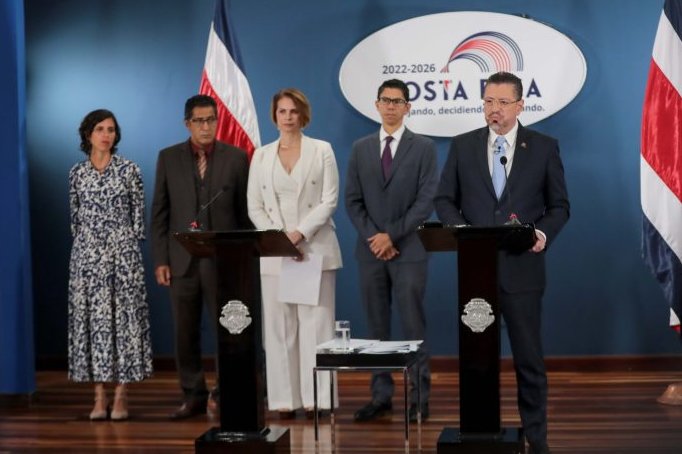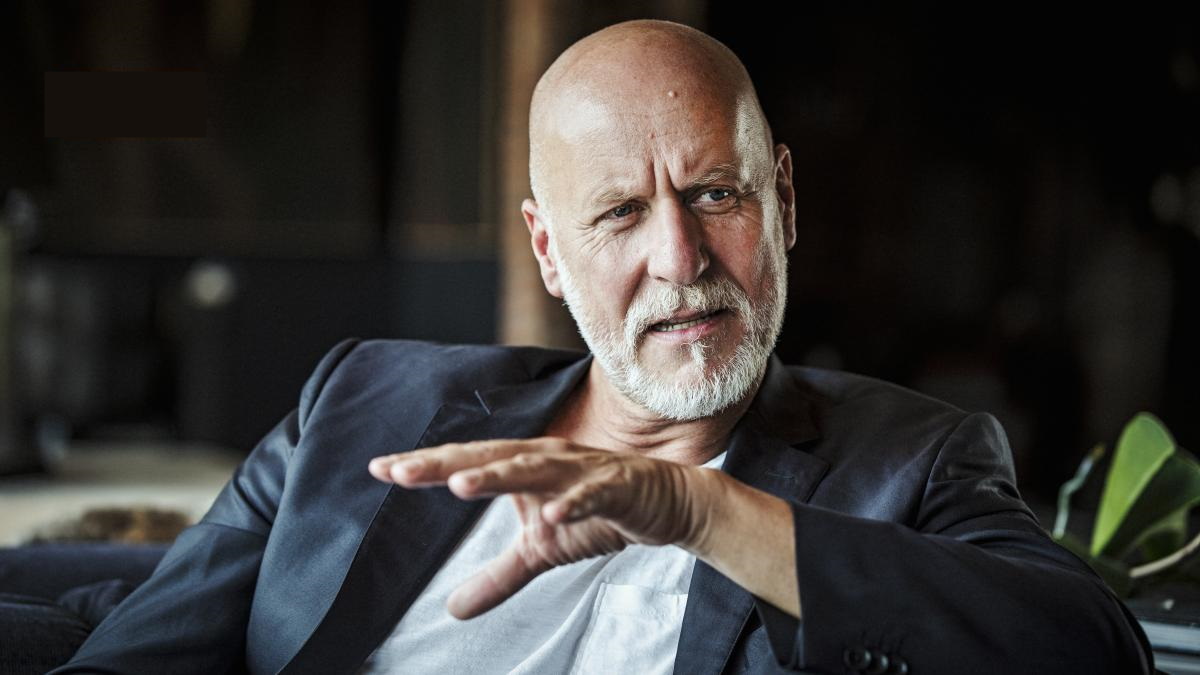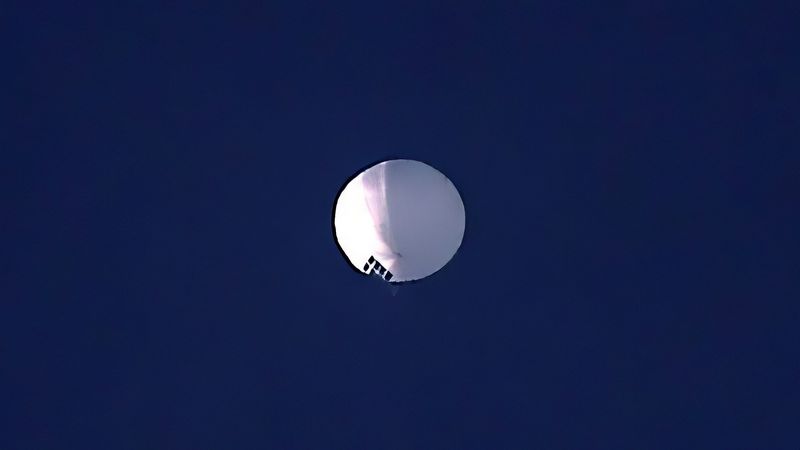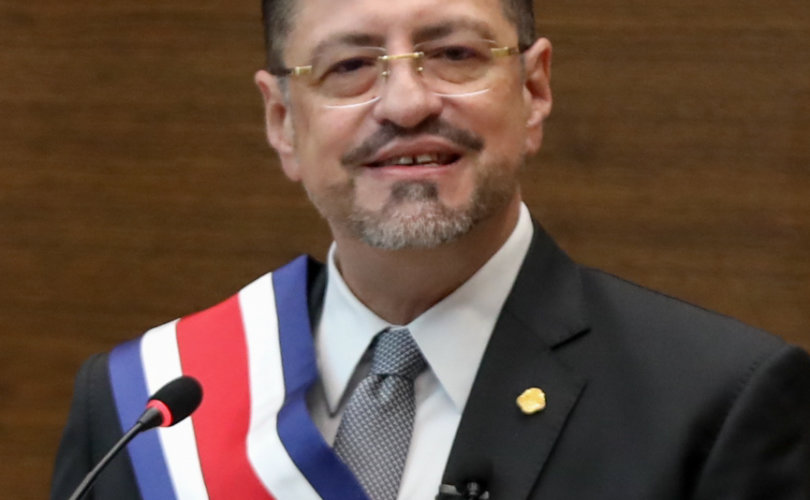Minister of MOPT Luis Amdor has announced a new decree that vehicles found to have a dangerous defect during the vehicle's technical review (DEKRA) will have to be towed from the DEKRA facilities and their license plates will be withheld until the defects are corrected and they have received approval to circulate.
Local News for Playa Potrero, Surfside and Flamingo
RFID Marchamo is on the way
ExpiredThe National Insurance Institute (INS) has announced a plan to eliminate the annual renewal of Marchamo stickers from cars, motorcycles and public transport.
National Trout Fair in Trinidad de Dota
ExpiredThis Saturday, March 25 and Sunday, March 26, the National Trout Fair will be held next to the Church of La Trinidad de Dota and will include the participation of trout fishermen from the Cerro de la Muerte massif.
Rainer Schaller in plane crash off Costa Rica
ExpiredA press representative of the RSG Group of gym outlets, including Gold’s Gym and McFit, confirmed Monday that founder and CEO Rainer Schaller, family and friends were aboard a small plane that disappeared from radar just off Costa Rica’s east coast.
Malaria Cases in Eastern Costa Rica
ExpiredAs of this Wednesday, the Health Surveillance Directorate (Dirección de Vigilancia de Salud) registered 97 cases of Malaria in the Huertar Caribe regio, of which 56 are male patients and 41 are female patients.
Dr. Rodrigo Marín, director of the Health unit, reported that 42 cases are reported in the canton of Limón, 52 in Pococí, two in Matina and one in Siquirres.
The authorities took a series of immediate measures to try to contain the outbreak, with the work of 50 officials:
- Systematic active search for malaria cases, prioritizing the town of Moín
- Prophylactic treatment supervised by the Ministry of Health
- Application of rapid tests for the diagnosis of malaria (PDR) in all CCSS health establishments in the province of Limón
- Application of PDR in communities with the appearance of positive cases of malaria, through ATAP and health inspectors
- Supervision and training of health facility personnel by an expert regional team.
- Integrated vector management through fumigation with an ultra-low-volume machine to reduce mosquito densities.
- Development of risk communication strategies in an integrated manner between the CCSS, the Ministry of Health and the Municipal Emergency Commission
- Strengthening of the laboratories in the area to expand the capacity to carry out diagnostic tests for malaria.
Along with the visits that the medical teams are making, the Ministry of Health asks the population in these areas to go to the centers if they have symptoms related to malaria.
Those conditions are:
- intermittent fever
- shaking chills
- abdominal pain
- fatigue
- diarrhea
- nausea and vomiting
- headache
- fast breathing
- fast heart rate
- cough
- Muscle pain
In Guanacaste we remain in the dry season, however people should take time to focus on the removal of potential mosquito breeding sites, such as keeping drinage ditches clear of debris, eliminating potential sites of standing water, and clearing gutters that may be clogged with leaves.
A second Chinese balloon confirmed over Costa Rica
ExpiredIt's official. A 2nd rogue balloon launched from China passed over Costa Rica.
Costa Rica declares vaccines voluntary.... for some
ExpiredThe president of the Central American nation of Costa Rica declared the end to the coronavirus (COVID-19) vaccine mandate, noting that forcing the shot on Costa Ricans was “against the law.”
“As of today, the vaccines are not mandatory – and therefore, any action taken against anyone who does not want to be vaccinated is an action that is against the law,” said newly elected Costa Rican President Rodrigo Chaves Robles during an Aug. 3 press conference.
Chaves is vaccinated against COVID-19, but has maintained his position that “people have freedom of choice.”
“As I said during my campaign: Costa Rica’s people are not cattle that you beat with a piece of wood and force to get vaccinated,” said the president, who was elected in April.
Unfortunately Álvaro Ramos president of the CCSS and Roberto Cervantes, manager of the CCSS, concluded that vaccination against covid-19 remains mandatory for employees of the institution despite the decree issued by President Rodrigo Chaves. The CCSS has not been formally informed [that the decree establishing mandatory vaccination has been repealed], but we will make a legal study of the implications of what was communicated last Wednesday."
Dr. Leandra Abarca, coordinator of the CCSS Immunization Program, and it's representative in the CNVE, stated at the ordinary session of the technical committee held on June 30."Vaccination against COVID-19 is not mandatory in the country, except for minors, the public sector and the front line, those are the three groups that are now in the mandatory decree," he assured.
Even Dr. Rodrigo Marín, from Health Surveillance of the Ministry of Health, agreed that "we are not forcing 70% of people, because by law the decree (of mandatory vaccination) is not like that," he said in the moment when he defended his motion to reduce the obligation for front-line officials.
On other occasions, such as last April, during the discussion of the Vaccine Commission on coverage with these doses in the country, the then Minister of Health, Daniel Salas, stated that “it is known that (vaccination) is not mandatory. for the population, except for specific groups”.
While not mandatory during the previous government, the authorities that led the health emergency imposed strategies such as the vaccination certificate through a QR code, as a requirement to enter commercial establishments and massive activities. Hence while not mandatory, it imposed restrictions on anyone who was unable to show a vaccination certificate.
This was recognized by the doctor at the meeting, where he also asserted that eliminating this requirement brought down vaccination coverage with the third dose, among the population where inoculation is voluntary.
So for now yes vaccines are not mandatory, with the exceptions previously stated. Clearly the President is working to eliminate the mandatory status for all.
















